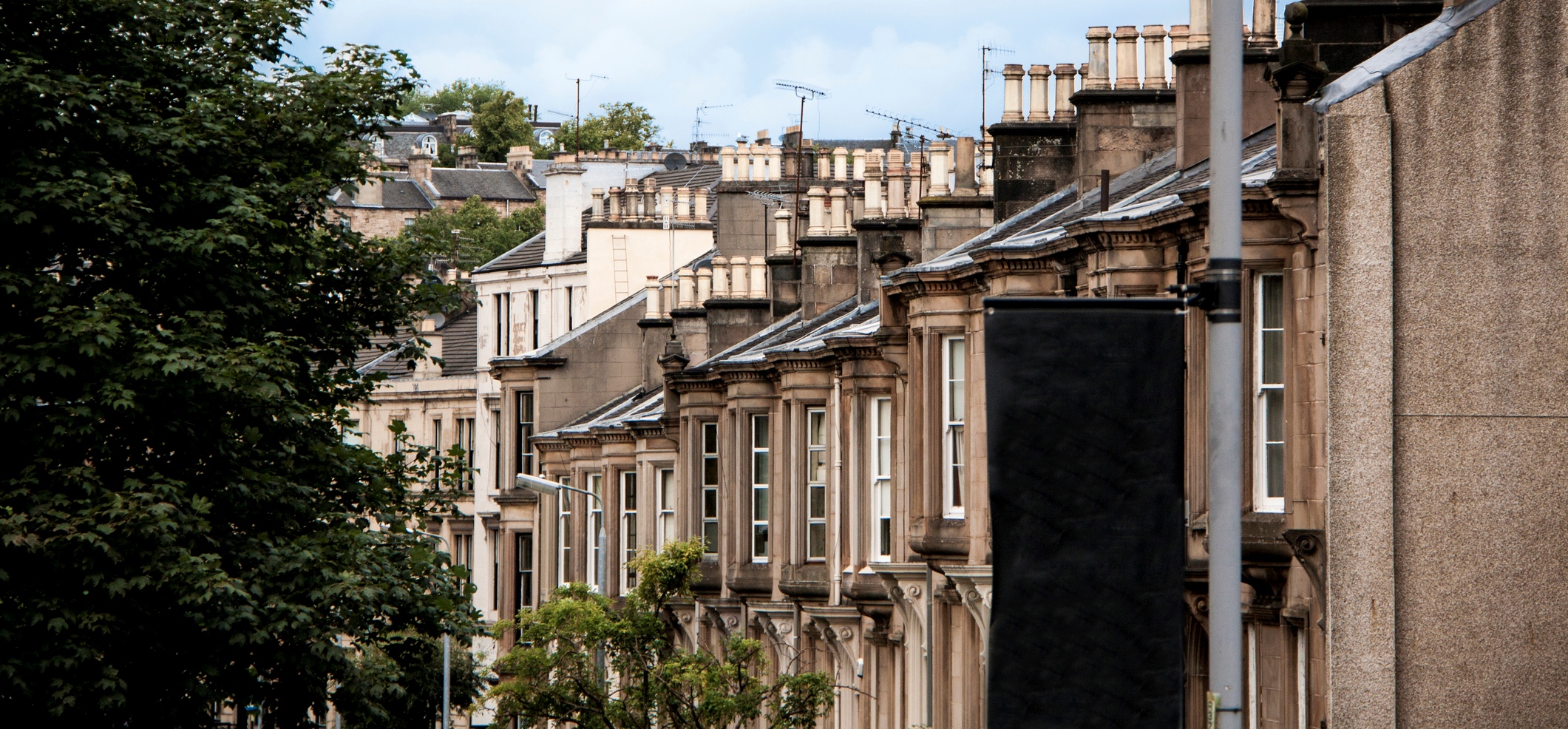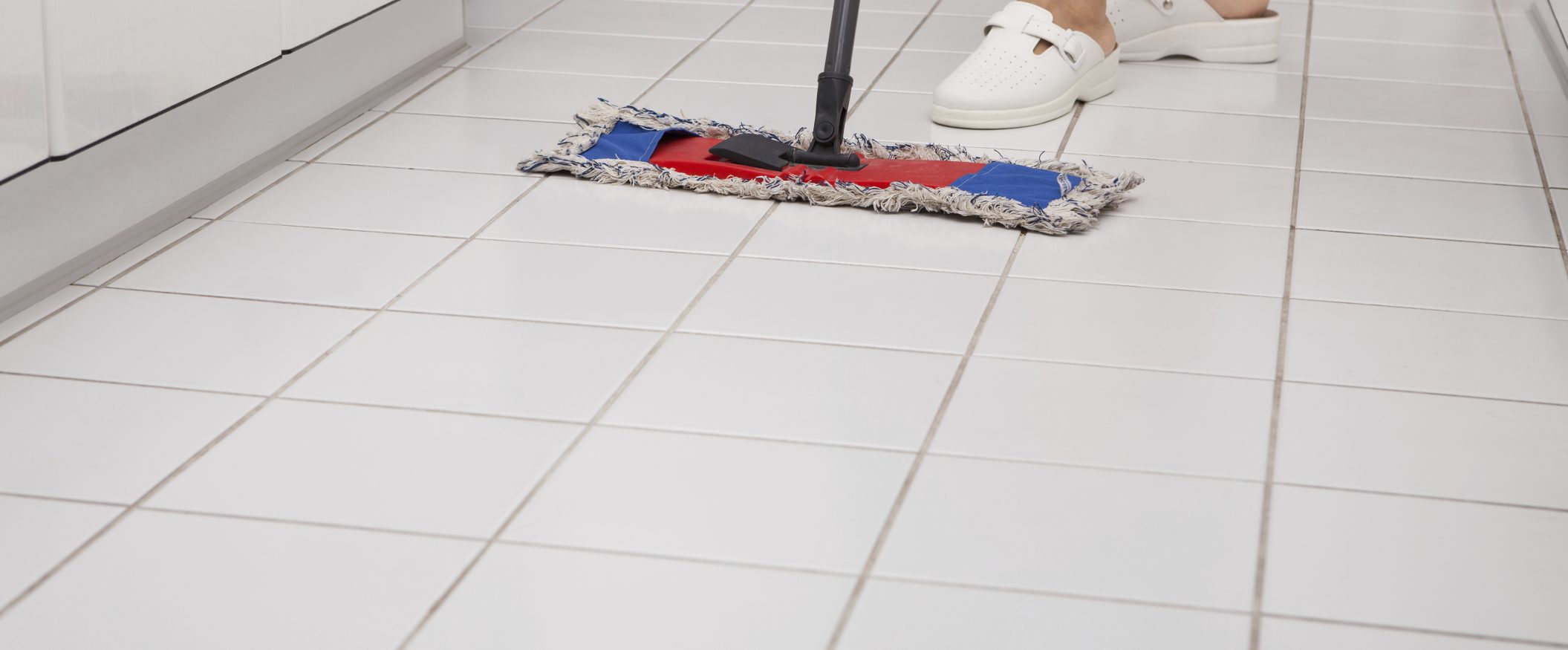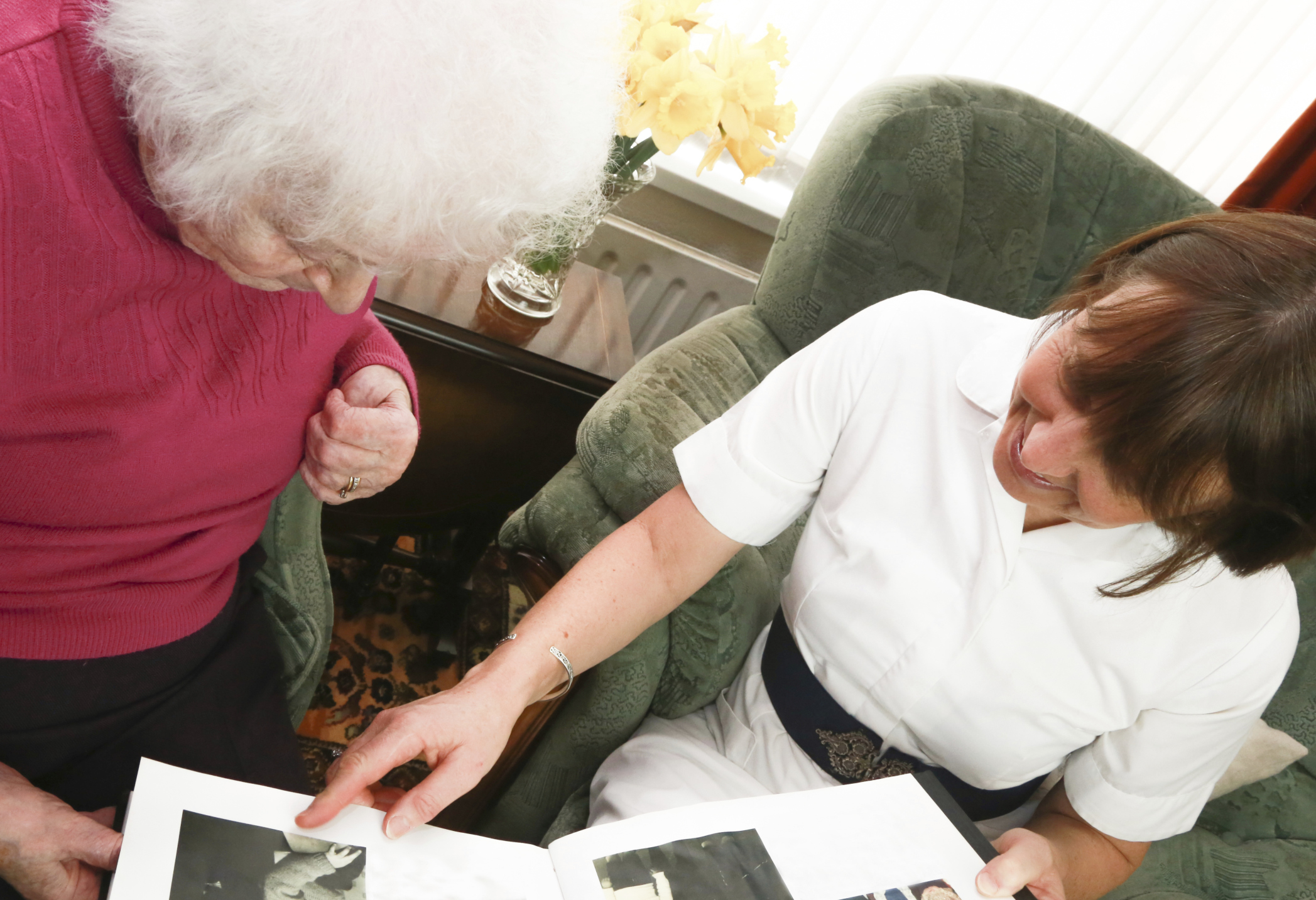Sleeping in their cars
When British Airways first introduced its Mixed Fleet in 2010, the airline advertised wages of £17,000 to £20,000 each year on its website. But by the time Rachel* was hired and received her contract, the reality was much different – her starting rate was little more than £11,000.
This was the first of several harsh realities that she and her colleagues were confronted with as the first wave of recruits on the new Mixed Fleet contracts started.
Rachel, who now works for a different employer, believes that low wages and long hours, coupled with an “endemic culture of fear” fostered by management has over the years created a fleet whose morale has hit rock bottom, prompting Mixed Fleet cabin crew’s latest two-day strike this week.
The long work schedules for cabin crew are common in this line of work, but British Airways takes it to extremes, she notes.
“You’ll fly to Los Angeles, for example, with an eight hour time difference, and then you’ll have one rest day before having to fly back,” she explained. “It’s not uncommon to work seven or eight days in a row.”
The fatigue that this sort of schedule engenders, Rachel notes, is dangerous and can even be fatal. As a Unite rep she learned of many alarming cases.
“We often heard of cabin crew driving home after flying several days in a row with little rest and subsequently crashing their cars,” she said. “Others have been hospitalised after continuing to work despite chronic health problems – BA is very strict about taking days off for illness – which were compounded by fatigue.”
Although regulations exist guaranteeing a minimum number of days off after flying for so many days, these regulations pre-suppose that cabin crew are actually utilising their days off.
“But the reality for BA Mixed Fleet cabin crew is that, because the pay is so low, a significant number work two jobs to make ends meet,” she explained. “Many of the second jobs cabin crew take are jobs in which exhaustion is also common, like bar work. My friend for many years had a second job as a cleaner.”
Over the years Mixed Fleet crew have been harder hit by low pay, simply because many are eligible for working tax credits, which have not increased in line with inflation under austerity, Rachel notes.
“You’ve got cabin crew who are already suffering from exhaustion and cannot afford to feed themselves properly – they’ll take the free fruit from hotels for example because buying food is simply too expensive down route.
Can’t afford to drive home
“And many will sleep in their cars between flights because they cannot afford the petrol to drive home.”
More than just the low pay itself, Rachel says that Mixed Fleet cabin crew are fighting an ideological battle against BA, which insists on treating staff as inhumanely as possible.
“In fact, this is all part of their business plan,” she believes. “They exhaust cabin crew purposely so that in two years they’re burned out and move on. This way they can keep wages low with a constant influx of new recruits.
“It is appalling that BA justifies its poverty pay by benchmarking their jobs against for example staff at Tesco,” she adds. “The job itself requires so much more than distributing in-flight meals. Cabin crew are there to protect you – to be the first port of call in event of an emergency. They’re more in line with jobs such as police and fire services.”
As Mixed Fleet cabin crew take their second day of industrial action today (January 11), Rachel highlights that the strikes were their very last resort.
“They are deeply upset by the disruption to passengers,” she said. “We understand that many people might be flying for reasons such as bereavement and it was these considerations that cabin crew took very seriously. But overall I strongly believe that the public support our side.
“They understand that cabin crew are here to protect passengers and they aren’t able to do that unless they’re adequately paid and treated with respect.”
She points to the fact that in addition to the critical safety role that Mixed Fleet cabin crew play, it is also they who have helped turn British Airways over the last few years from an airline losing money to one that’s now incredibly profitable.
Indeed, BA’s parent company IAG has reported profits of £1.4bn, up 64 per cent from last year, and IAG CEO Willie Walsh pocketed an £8.8m salary – more than 500 times that of Mixed Fleet cabin crew starting pay rates.
“There is no justification for keeping Mixed Fleet cabin crew pay so low,” Rachel said. “They deserve a share in the success that they’ve helped create, against all odds, under working conditions that can only be described as utterly inhumane.”
*Name changed to protect privacy.Â
Pic by Mark Thomas from January 11 protest outside M&S
 Like
Like Follow
Follow


